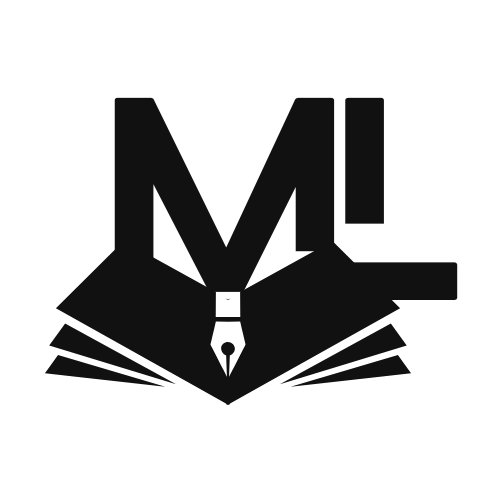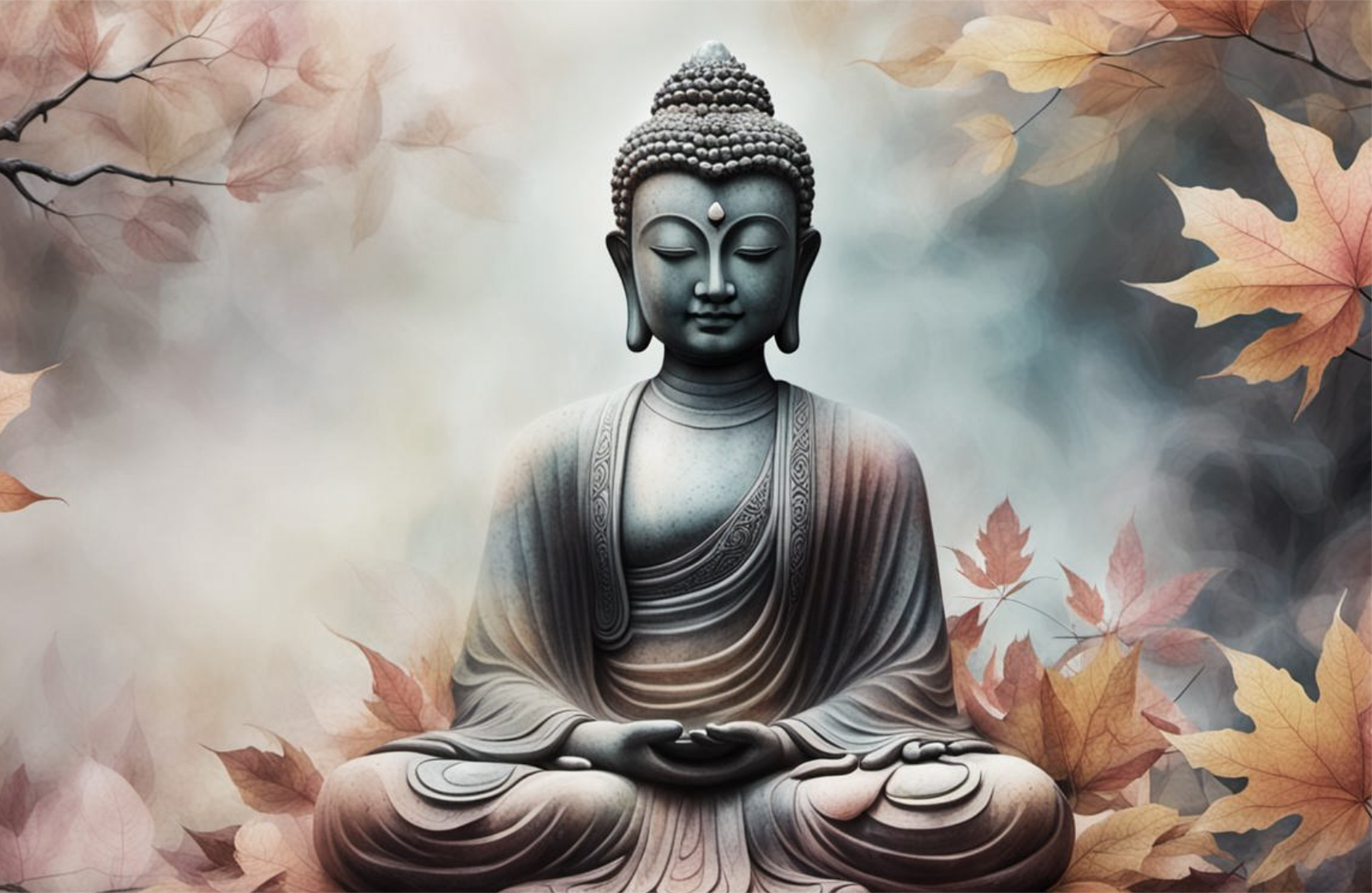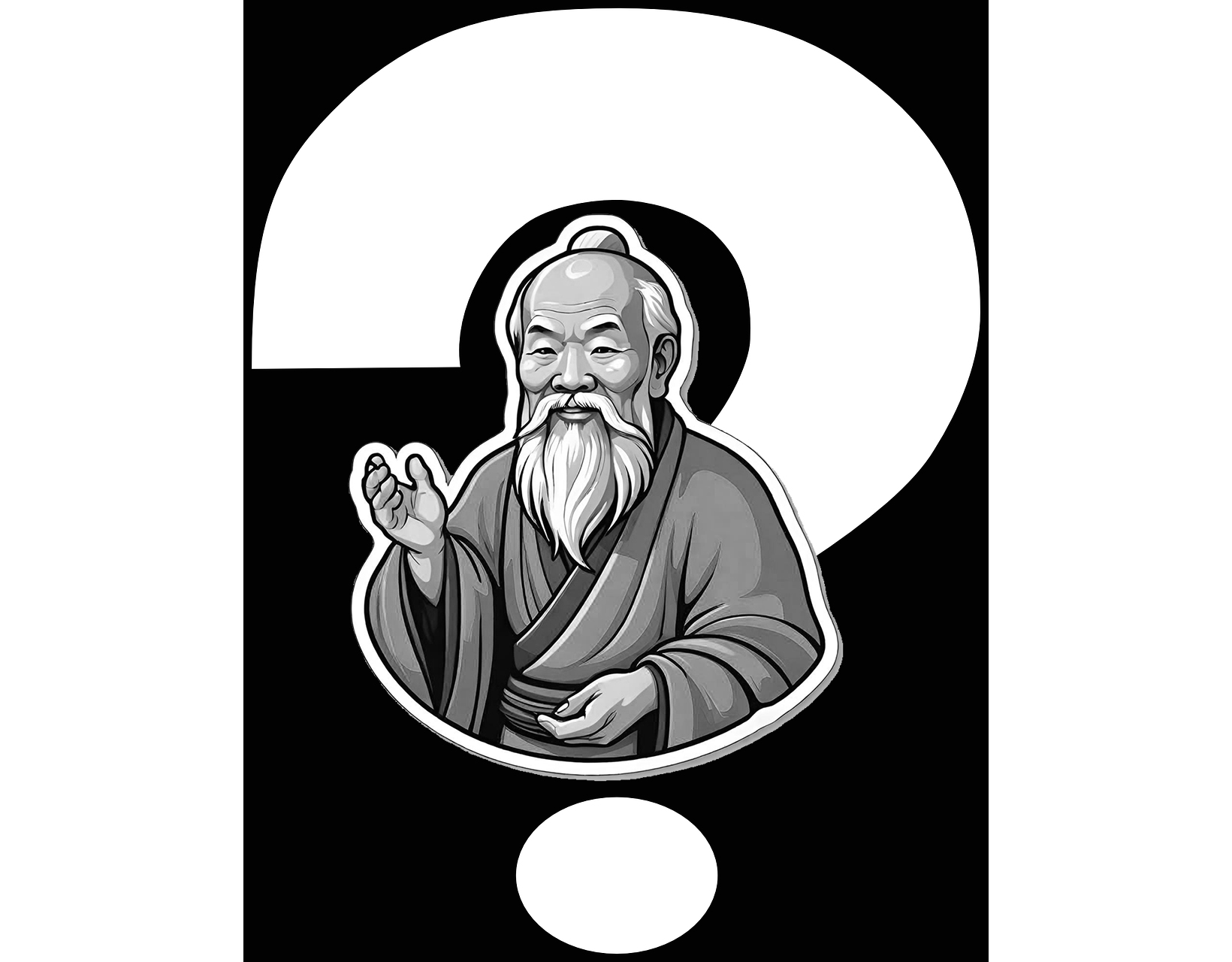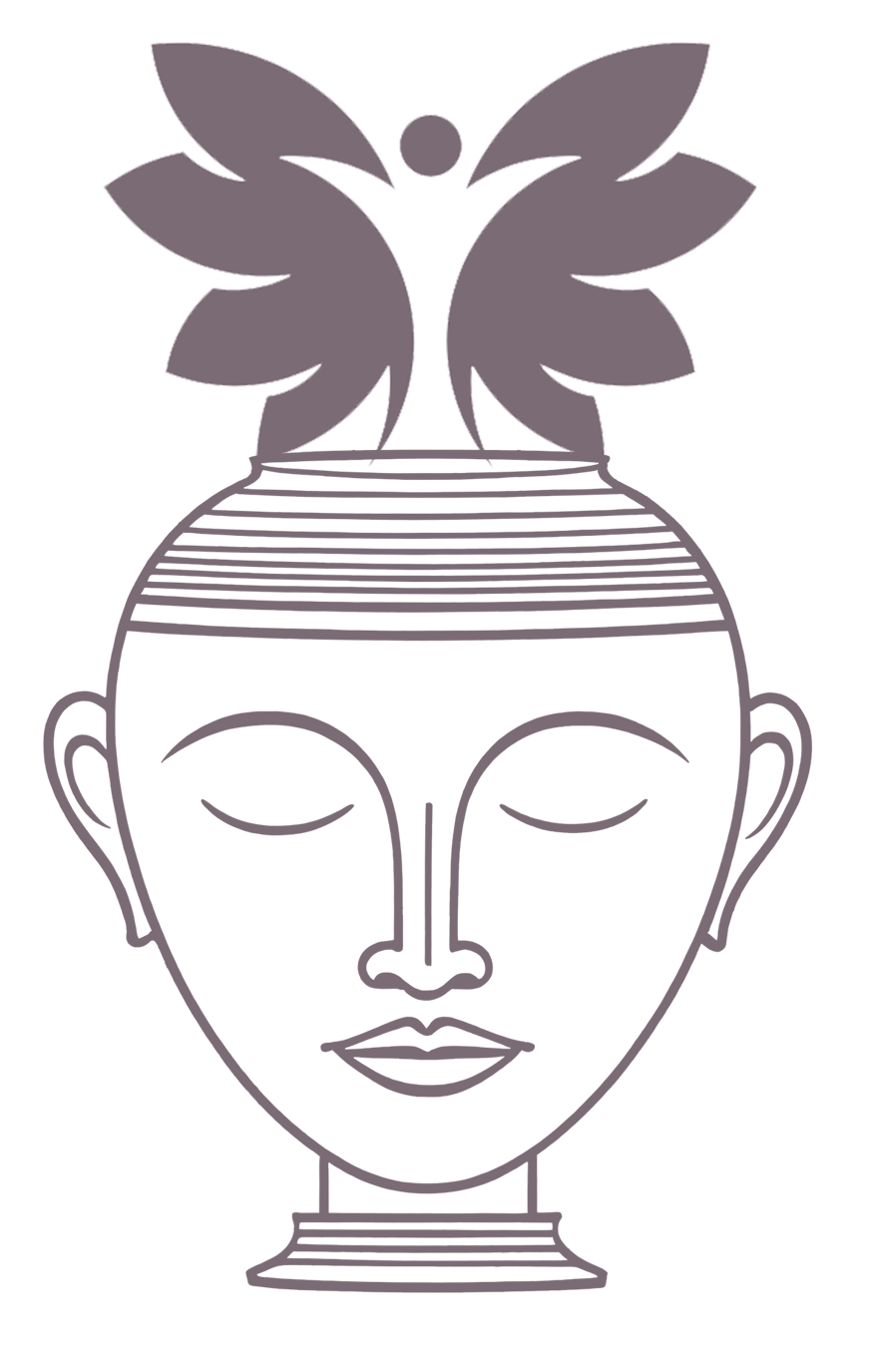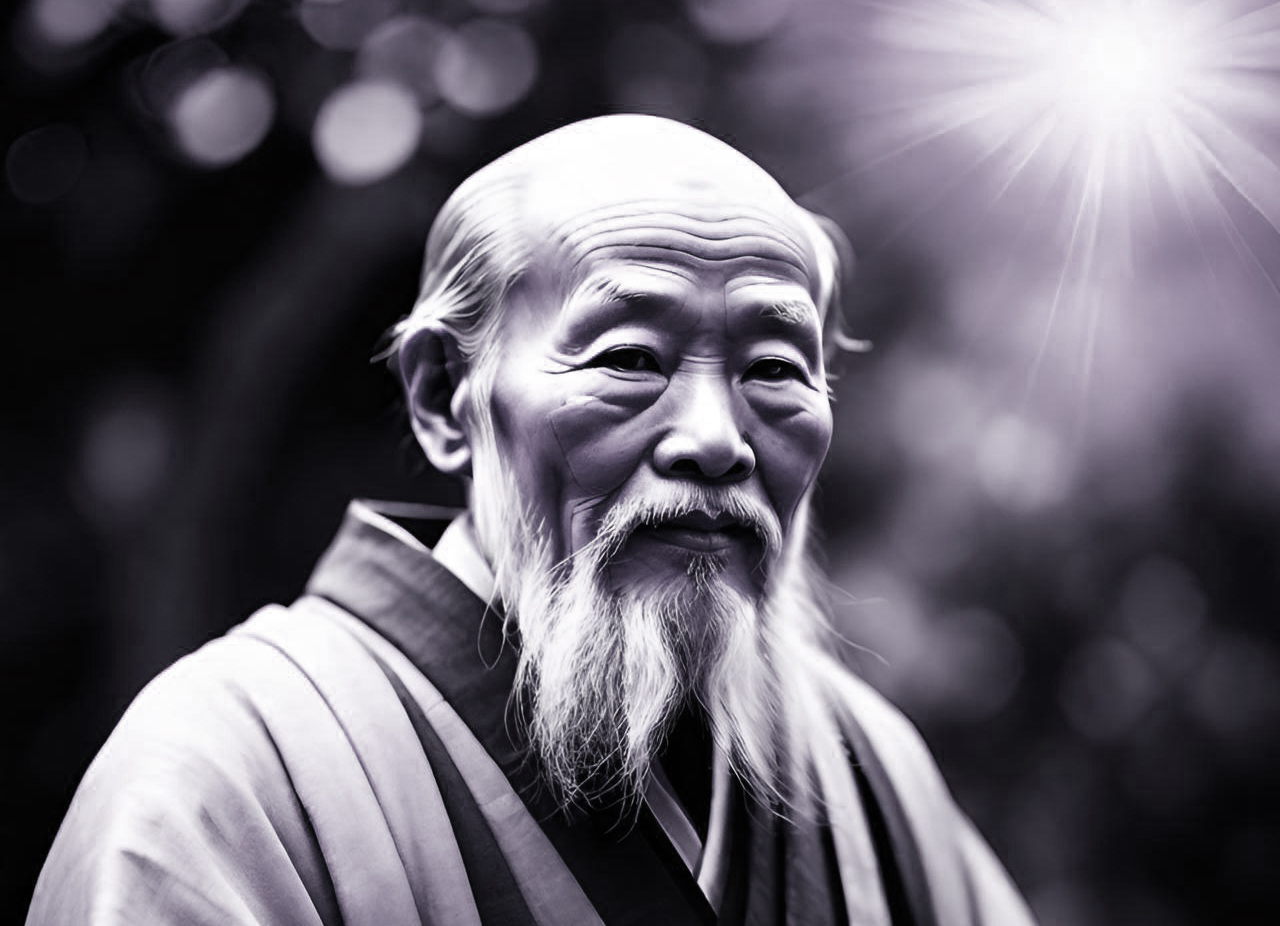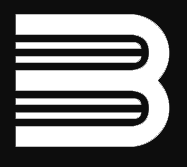Solving a problem, in the Taoist spirit, isn’t about forceful effort but contemplation. Just as digestion happens naturally without conscious control, the best solutions arise when we step back, hold the question in awareness, and let the answer come to us. Trying to force it only disrupts the process.
“When you understand all things
can you step back
from your own understanding?“
(Tao Te Ching, Chapter 10)
Can you quiet the mind’s chatter long enough to see things as they are? Can you still the noise of thought and return to the seamless flow where everything begins? Clear thinking happens when you let your brain work freely—no ruminating, no forcing, just letting it click into place.
If you want to find an intelligent solution to a problem, your brain is fully equipped for the task. Within the structure of your skull lies all the necessary intelligence. However, many people rarely rely on their brains in this way. Instead, they engage their minds, treating them like muscles—working intensely, exerting effort, and straining to force an answer. But solutions do not arise through sheer mental force.
Following the Tao spirit, when you truly want to solve a problem, you need contemplation—a state of grace where you begin to ‘understand all things.
Visualize the question clearly, holding it in your awareness, take a deep breath, and then simply wait. Resist the urge to push for an answer. If you rely solely on brute mental effort, you’re bound to arrive at an incomplete or flawed solution. By contrast, if you allow yourself the space to wait, the solution will come naturally, like your stomach digests food without your conscious involvement.
Trying to control this process too closely only disrupts it.
We often think in a linear, single-track way, while the world itself is far more complex. Everything is happening everywhere, all at once. Your conscious attention cannot process this vast complexity, but your brain can. It is capable of managing innumerable variables simultaneously, even without your awareness. Trusting your brain’s inherent capability is key because no organism can fully understand itself from within.
The human brain’s complexity allows it to perceive and process reality unconsciously in ways that surface consciousness cannot. To make the best use of this power, you must learn to step back and allow your brain to work without interference. When you do, the right decision will naturally show itself.
This concept aligns with the Zen principle of “action without choosing”—a seamless, unwavering, and fluid response. This state of mind, called “wu-nien” in Chinese, refers to an unblocked, spontaneous mental state, like a river flowing without hesitation.
In reality, we all rely on intuition, even those who are detail-oriented and analytical. No matter how systematic a person is, there comes a point where they must lean on intuitive judgment. When circumstances press us to act, we often make the final choice based on a “gut feeling.” Ultimately, intuition is the bridge between the conscious and the unconscious, guiding us when reason alone cannot keep up with the complexity of life.
KEY TAKEAWAYS
The Wisdom of Non-Interference
When seeking answers or solutions, forcing the process often hinders progress. Instead, allowing time and space for contemplation leads to clearer, more effective decisions.
Trust Your Brain’s True Power
The brain is designed to process complex information without the need for persistent conscious effort. Allowing it to work without interference leads to more effective solutions and decisions.
Let Intuition Take the Reins
Regardless of how analytical you may be, intuition plays a crucial role in decision-making. At some point, we all rely on a gut feeling or an unconscious understanding to guide our choices. Don’t underestimate it!
Embracing Unconscious Wisdom
Our brains can grasp reality in ways that our conscious minds cannot. Trusting this unconscious intelligence can lead to profound insights and better alignment with the flow of life.
(An excerpt from the book Be a Vessel, not a Chaser – Lao Tzu Lessons of Success, by Monica Laura Rapeanu & MONLart Publishing)
